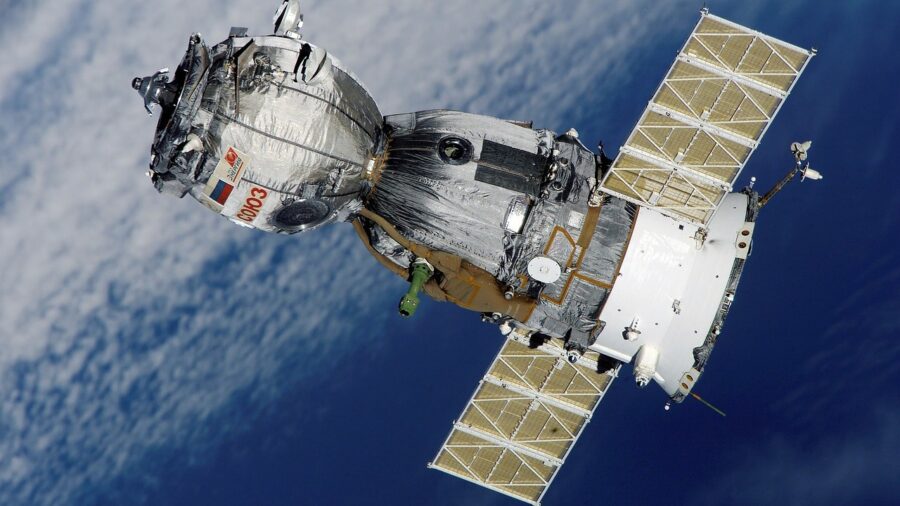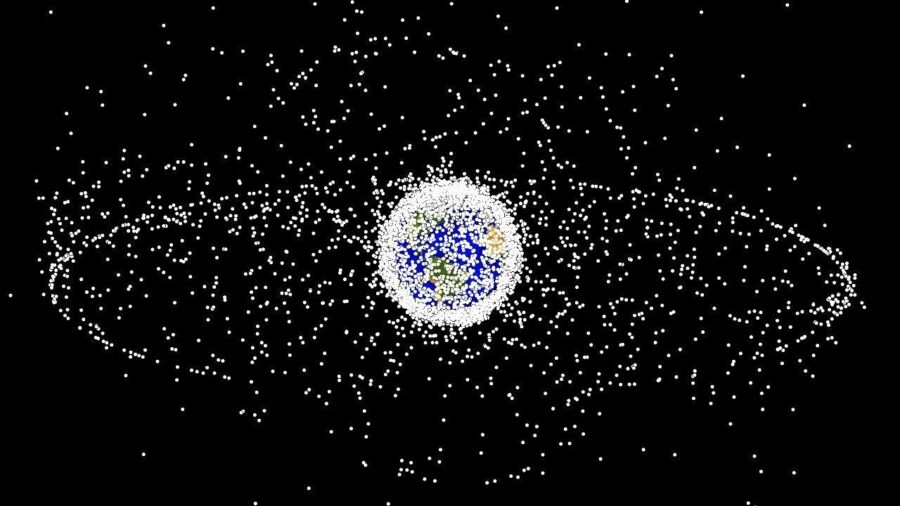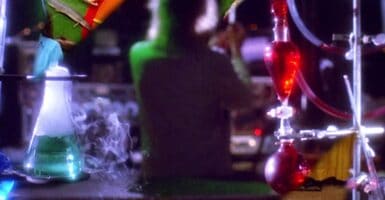Space Junk Receives First Penalty In History

In a first-of-its-kind decision, the FCC has issued a fine of $150,000 to Dish Network for not moving its retired EchoStar 7 satellite to a safer location. The company has admitted liability for its inability to move the space junk to the distance previously agreed to.
The millions of pieces of debris in Earth’s orbit can pose a hazard to the safety and operability of the International Space Station, astronauts, functioning satellites, and future shuttlecraft. At the speed at which space junk travels, even the smallest pieces can cause irreparable and potentially life-threatening harm.
The FCC initiated an investigation and found that Dish Network violated the Communications Act and the terms of their contract resulting in a fine.
In 2012, Dish Network, in planning for the future retirement of the satellite, agreed to move it 186 miles further out from its orbit by May 2022, only to discover it lacked the propellant to reach the agreed-upon distance, only managing to push it out 76 miles. Due to the difference in final location, the EchoStar 7 still poses a hazard to other devices in Earth’s orbit.
With the space junk unable to move further, the FCC initiated an investigation and found that the company violated the Communications Act and the terms of their contract resulting in a fine. In a press release from the FCC, Enforcement Bureau Chief Loyaan A. Egal is quoted as saying, “This is a breakthrough settlement, making very clear the FCC has strong enforcement authority and capability to enforce its vitally important space debris rules.”
Space junk can refer to both inoperable satellites and the detritus left behind after collisions, anti-satellite maneuvers, or general disrepair that circles in the same geocentric orbit as the 2000 operational satellites. With no mitigation efforts, the debris could potentially remain in orbit for centuries.

As future space exploration and missions to the moon are planned, care must be taken to avoid the dangers space junk poses to the safety of the astronauts and the delicate advanced technology being utilized by governments and corporations worldwide. As it is, satellites are making hundreds of avoidance adjustments annually to prevent collisions.
“This is a breakthrough settlement, making very clear the FCC has strong enforcement authority and capability to enforce its vitally important space debris rules.”
FCC Enforcement Bureau Chief Loyaan A. Egal
In 2021, a chunk of space junk smashed into a robotic arm attached to the International Space Station, leaving a 5mm hole in the CanadArm2’s boom. Fortunately, the damage was not extensive enough to prevent the robotic arm from completing its mission.
There are a staggering number of things launched into orbit annually including satellites, probes, crewed missions, and space station elements. According to the United Nations Office for Outer Space Affairs, in 2022, there were nearly 2500 launches worldwide. While some of these things did return to Earth, by design, by natural orbital decay, or by exiting Earth’s orbit entirely, many more were left in orbit.
With the FCC’s decision to impose a fine on DISH Network, they are laying the groundwork to impose further penalties on other companies who are unable to comply with the regulations on decommissioning space junk and moving it to a safer distance. In the long run, this decision should force agencies, companies, and governments to plan better for the end-of-mission stages of orbiting equipment.












